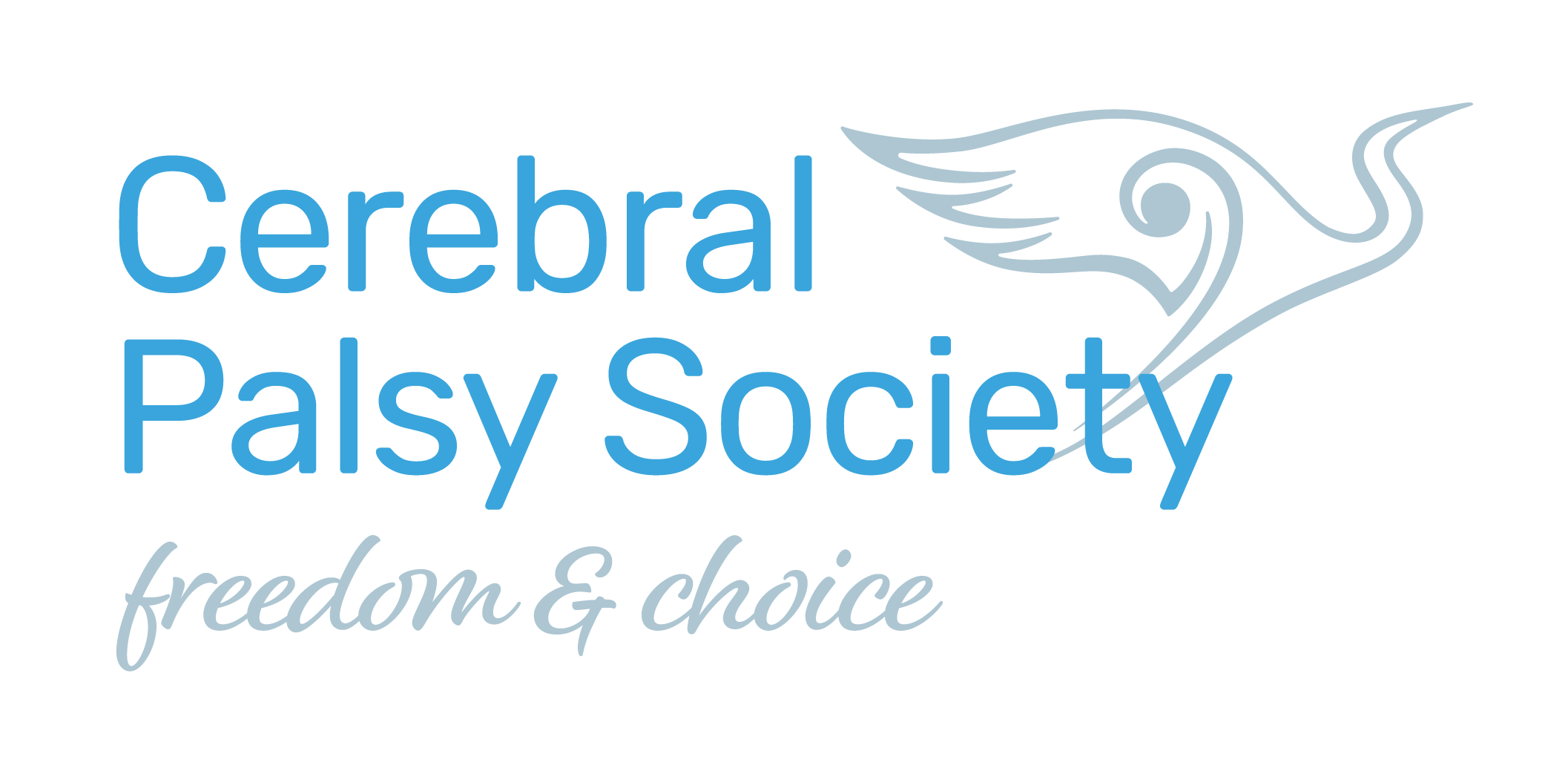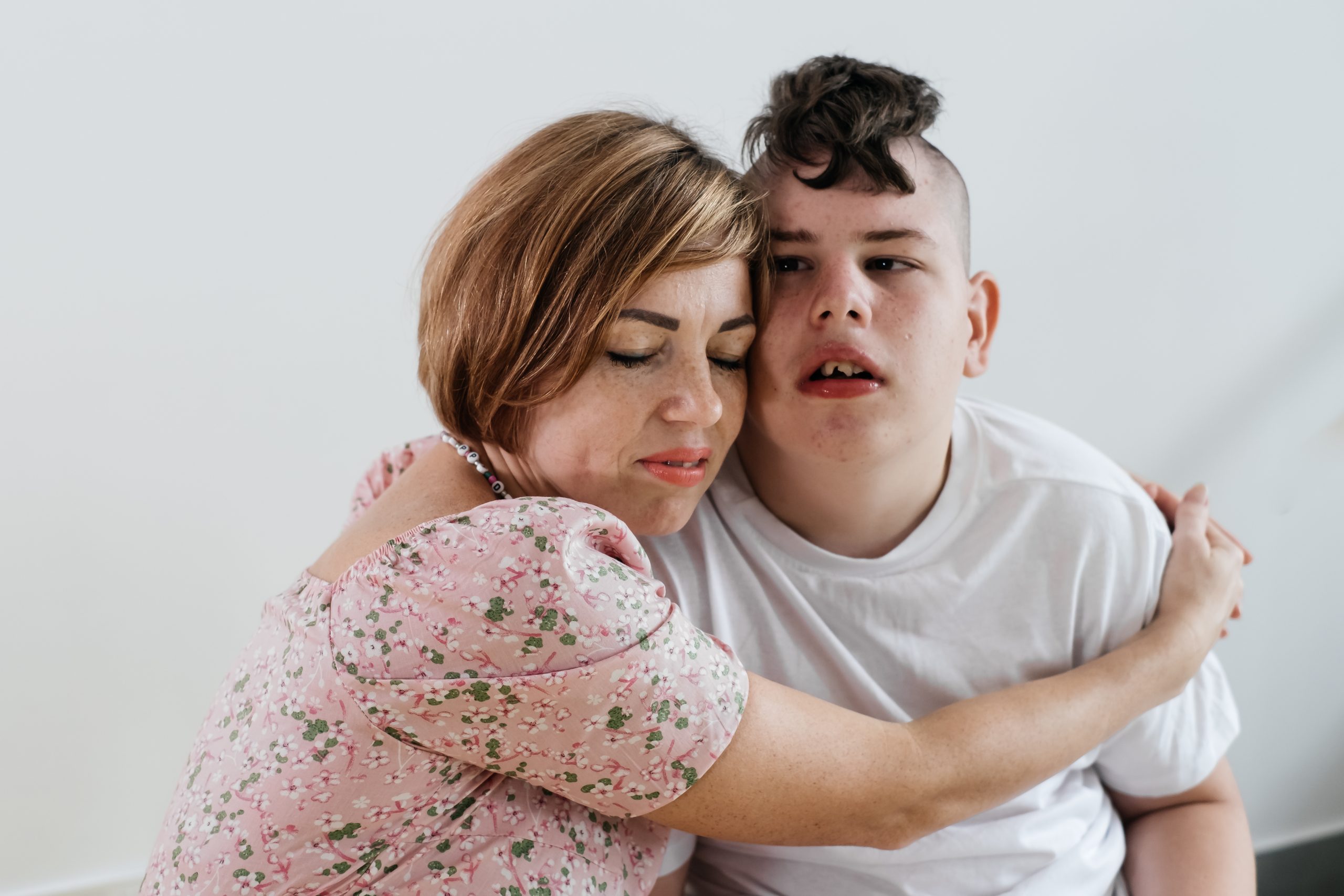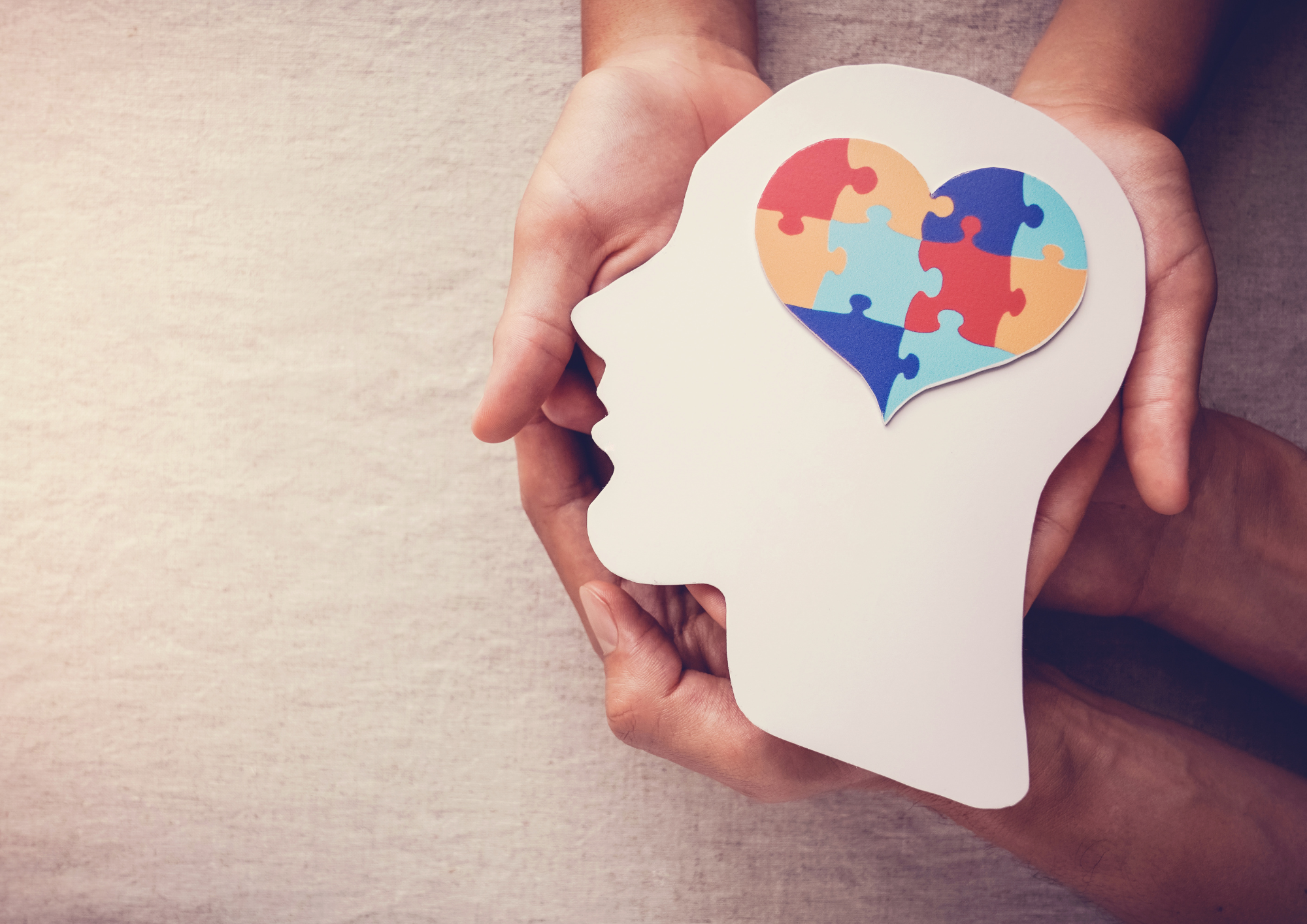Research
Mental health and anxiety reduction
08 Mar 2024
There is a growing body of research and evidence around the importance of addressing the connection between mental health, physical wellbeing, and the experience of living with a disability.
By Amy Hogan
For many years, there has been anecdotal evidence and plenty of discussion in the Cerebral Palsy community on the topic of mental health. Specifically, that people with Cerebral Palsy experience more of a challenge when it comes to clinical conditions like anxiety, depression, and difficulty with emotional regulations.
There can be particularly difficult periods when people are adjusting to life events such as going to school, coming into the teenage years, and connecting to communities as adults.
The good news is that researchers have prioritised investigating Cerebral Palsy and mental health. These include researchers in Australia as part of the Cerebral Palsy Alliance (CPA) and My CP Guide.
In particular, a psychiatrist and his team are working on how to screen mental health conditions when people can’t communicate verbally or take the standardised tests.
A few studies that have been conducted into Cerebral Palsy and mental health do not show higher rates of clinical anxiety and depression than the general population.
However, there has been evidence that people were experiencing symptoms and still needed support in this area.
Work in this area centres around:
- Identifying mental health elements for those living with Cerebral Palsy
- Broadening communication guidelines for screening processes
- Accessing different types of therapies and mental health interventions
- Family systems approach that works with the family as a whole to support themselves and the individual.
Some of the work that CPA researchers have been doing (led by individuals who live with Cerebral Palsy) has looked into helping teenagers and adults regulate their feelings and emotions using a standard online mindfulness and CBT (Cognitive Behavioural Therapy) course. It has been adapted with a specific emphasis on understanding and accepting body movements and changes.
The results were positive and consistent with international research. However, it was a small study, and they want to replicate it with larger numbers and more focus on producing training guides so that groups can run independently of research.
These small studies centre around helping individuals and families in a number of ways:
- Recognising the importance of psychological elements when discussing Cerebral Palsy, especially as it relates to sense of self and identity
- Helping individuals understand how to cope with difficulties in managing emotions
- Breathing work and working to expand the diaphragm
- Managing specific elements that can influence mental health such as pain and fatigue.
In New Zealand, there are a number of mental health resources that may be relevant to the disability community. These include work around emotional regulation, pain and fatigue management, family communication, and navigating life changes.
The Cerebral Palsy Society and other disability organisations have been working to build connections between mental health support providers and our families.
For example, the Society has connected with online programme Just A Thought. They run specialised programmes around pain management and emotional support, and want to make their services more accessible.
If you would like more information, feel free to contact me at amy@cpscociety.org.nz.




